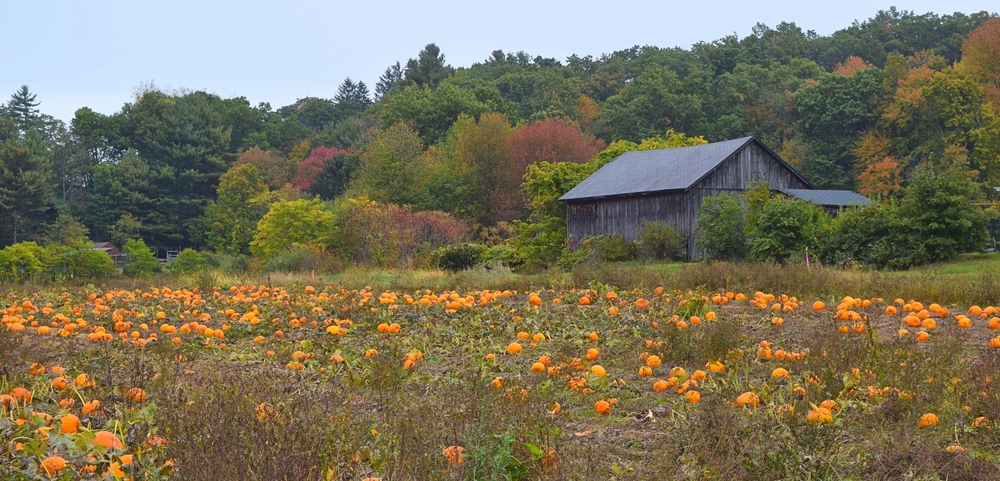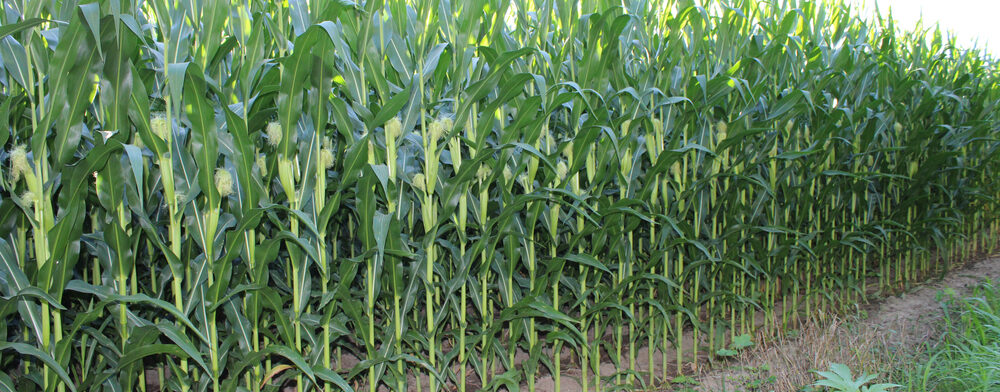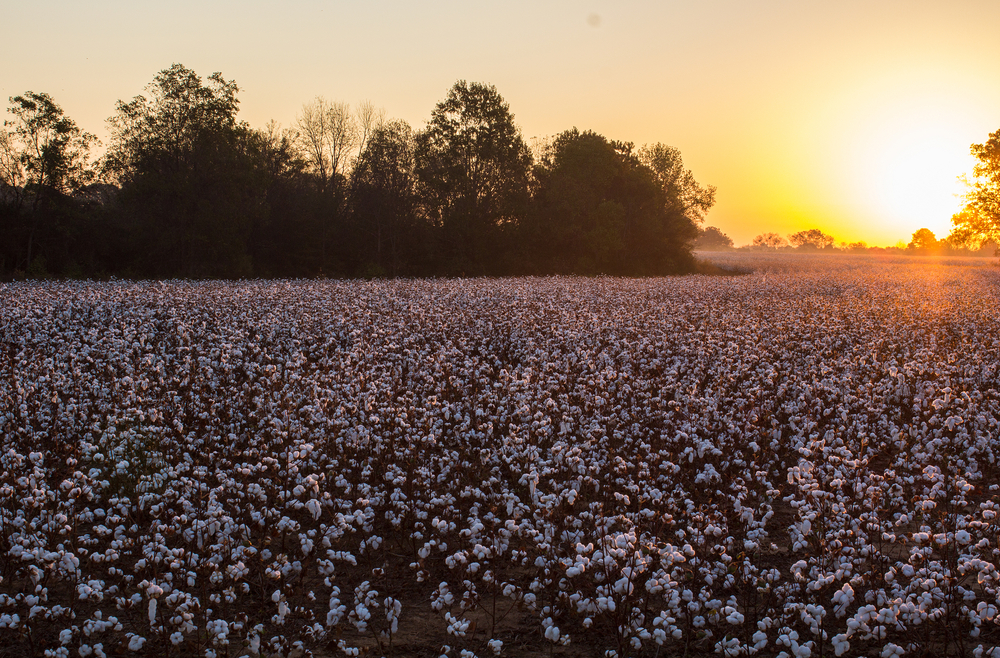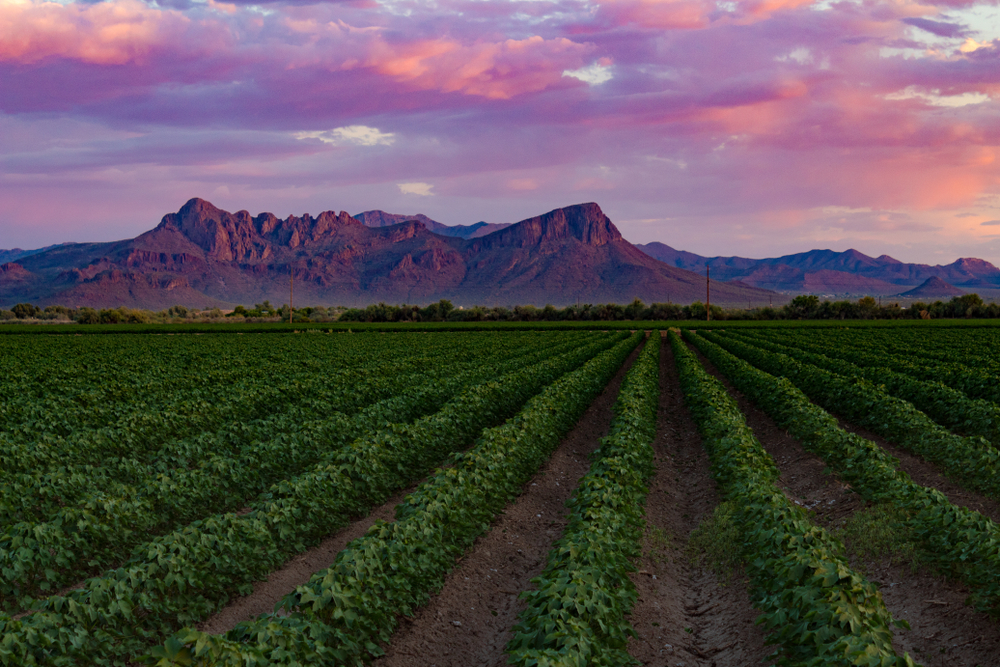When the Cape Cod town of Dennis banned glyphosate use on town property, it became at least the seventh municipality in Massachusetts where lawmakers have become so concerned about the popular weedkiller that they’ve enacted measures to limit or outright ban its use.
Glyphosate is better known by the brand name “Roundup,” a product that’s the subject of more than 125,000 class-action lawsuits over claims that it causes cancer. Two settlement offers have been made by the company that produces Roundup, and as negotiations go on, trials are expected to continue proceeding across the country.
What should Massachusetts residents know about Roundup, glyphosate, and their connection to human health? What about people who used the weedkiller and later became sick? What should they know about their legal rights to seek justice for the damage they’ve suffered?
What Does Roundup Do?
All herbicides kill plants, and they are popular methods of controlling weeds in residential and commercial lawncare. Roundup is the best-selling of the many different types of herbicides, not only for residential or commercial use, but for agriculture as well.
Let’s explore Roundup’s past and look at its single biggest use in America today: agriculture.
History of Roundup
Until the 1970s, glyphosate, which is the primary ingredient in Roundup, had been used mostly in the commercial heating and plumbing industry to remove calcium deposits from boilers and other equipment.
But when a researcher for the Monsanto Corp. (which also invented other controversial products, like saccharin and Agent Orange) discovered that the chemical could be used to kill plants, glyphosate took on an entirely new life.
In 1974, Monsanto earned a patent for glyphosate’s use as a weedkiller, and the Missouri-based company began selling it under the brand name Roundup.
Roundup & Massachusetts Agriculture
While Roundup is used widely for residential and commercial weed control, the single biggest users of glyphosate are farmers and the agricultural industry. Millions of pounds of glyphosate are spread on American farm fields every year; since 1992, an estimated 3.8 billion pounds have been applied to U.S. farm fields, according to data from the U.S. Geological Survey.
Massachusetts does not have the agricultural cache that many other states have, but agriculture remains a vital cog in the commonwealth’s economy. The industry provides jobs for about 26,000 individuals and contributes nearly $500 million in value every year.
Let’s take a closer look at farming and glyphosate in Massachusetts:
- Since 1992, about 457,000 pounds of glyphosate have been used in Massachusetts agriculture, which is one of the lowest levels in the country. However, glyphosate use has increased in Massachusetts in recent years, climbing by nearly 19% since 2010.
- Glyphosate is the eighth most-used pesticide or herbicide in Massachusetts agriculture.
- Corn accounts for about two-thirds of glyphosate used in Massachusetts farming, while vegetable crops add another 25%, and orchard crops account for about 6%.
Is Roundup Dangerous?
The answer to this question depends entirely on the source of the answer. Monsanto and its parent company, Bayer AG, have long maintained that glyphosate is not dangerous. However, a growing body of evidence would seem to suggest the contrary.
In addition to three jury verdicts in favor of plaintiffs who say they got cancer from using Roundup, a recent University of Washington study found that glyphosate exposure increases the risk of developing cancer by 41%.
One specific type of cancer, non-Hodgkin lymphoma (NHL), accounts for the majority of cases, and in all the trials that have concluded so far, plaintiffs had been diagnosed with this form of the disease. What is NHL, what measures have towns around Massachusetts taken to limit its use, and why does Roundup remain legal, despite these growing connections to NHL?
Non-Hodgkin Lymphoma
Like all forms of lymphoma, NHL develops when white blood cells begin growing out of control. Non-Hodgkin lymphoma encompasses many types of lymphoma, but they are different from Hodgkin lymphoma, which many people call “Hodgkin’s disease.”
About 82,000 Americans are newly diagnosed with NHL in a typical year, which accounts for about 4% of all cancer cases. Sadly, about 21,000 people lose their lives to this disease in an average year.
Here’s a look at the physical symptoms to watch out for in yourself or someone you know who has used Roundup, especially if they used it regularly at least a year ago. If you recognize these signs — and especially if you recognize more than one— please consult with your doctor so you can schedule a full examination.
- Chest pain
- Cough
- Chills
- Easy bruising
- Fatigue
- Fever
- Frequent, severe infections
- Night sweats
- Shortness of breath
- Swollen abdomen
- Swollen lymph nodes
- Weight loss
While a cancer diagnosis is just about the worst thing most people can imagine, if NHL is detected early, the average person has a good chance of survival. Just under three-quarters of newly diagnosed patients can expect to live at least five years, while that climbs to 84% for people whose cancer is detected in its earliest stages.
Glyphosate Bans in Massachusetts
In 2020, Dennis, a town of about 14,000 in Barnstable County, became the most recent Massachusetts community to call the use of glyphosate into question. The town’s Select Board has banned glyphosate use on town-owned property.
When it was passed, the ban excluded two golf courses owned by the town, but course officials were given until July 2021 to come up with an alternative weedkiller, which means Dennis Pines and Dennis Highlands are expected to be under the ban by the summer of 2021.
At least six other towns in the Cape Cod area have adopted similar restrictions, including Eastham, Falmouth, Mashpee, Orleans, Sandwich, and Wellfleet.
Roundup’s Regulatory Status
All herbicides and pesticides undergo a regular reauthorization process by the U.S. Environmental Protection Agency (EPA), and the agency reauthorized glyphosate in 2020. The EPA formally lists glyphosate as non-carcinogenic. However, this is not a consensus position.
Since 2015, the International Agency for Cancer Risk has listed glyphosate as a probable carcinogen, and the state of California’s environmental health agency also categorizes glyphosate in this way. New York state is poised to become the first to ban the chemical on state-owned grounds at the end of 2021, and the city of Baltimore recently made it a citation offense to use glyphosate on city property, even for residential use.
What’s the Current Status of Roundup Litigation?
More than 125,000 class-action lawsuits and multijurisdictional litigations have been filed over Roundup, and three have resulted in verdicts in favor of juries. While three out of 125,000 doesn’t sound like much, those three wins were in each of the first three trials to get underway over Roundup.
Jury members in those cases awarded plaintiffs a combined $2 billion in damages, but the amounts were later reduced by judges on appeal. Still, after suffering three consecutive jury defeats, Bayer in 2020 proposed setting aside $10 billion to end most of the pending cases and $2 billion for future claims.
Negotiations are ongoing, but it has been reported that many of the current plaintiffs have initially accepted Bayer’s settlement proposal. At least one hearing is expected to take place in 2021 over the $2 billion settlement for future claims, and in the meantime, trials are set to continue throughout the year all over the U.S.
Bayer remains in the appeals court over two of the first three court losses, though in early 2021 the company said it was dropping its appeals in the first case that went to trial, that of school groundskeeper Dewayne “Lee” Johnson. It’s not clear when Johnson will see his payment from Bayer and Monsanto.
Labeling Class-Action Settlement
A separate class-action settlement has been approved in Massachusetts for those who bought Roundup because of misleading wording on the packaging. The total settlement in that case is $40 million, and it’s estimated that individuals can receive up to $90.
The settlement agreement applies to Massachusetts residents who purchased Roundup after Feb. 13, 2015 because of phrasing to the effect that Roundup “targets an enzyme found in plants but not in people or pets,” giving the impression that it was safe to use.
How Much Can I Get From a Roundup Lawsuit in Massachusetts?
To date, no Roundup plaintiff is believed to have received either settlement or jury award money from Bayer and Monsanto. For this reason, it’s difficult to project how much a Massachusetts resident who became sick after using Roundup could expect to get from a lawsuit.
That said, there are reasons to believe that the average plaintiff will receive about $165,000.
This figure was cited as the expected average if the $12 billion in settlement offers are approved. While that’s a far cry from the $2 billion awarded by juries, it’s important to remember that the plaintiffs who have won jury verdicts won’t receive anywhere near that much, since all the awards were cut by judges on appeal.
It’s also believed that Bayer will establish tiers of victims in determining how much each person will receive. According to the settlement proposals, age at diagnosis and extent of cancer are expected to be among the factors weighted, while the survivors of those who have already died from non-Hodgkin lymphoma should receive the highest sums. This is particularly true for survivors of those who left behind a spouse or minor children.
What Should I Do if I Have Been Affected by Roundup?
Massachusetts residents who used Roundup or glyphosate should stop using it. If applicable, they should consult their employer for a safer alternative.
If you have experienced any of the symptoms we detailed earlier, please seek an appointment with a doctor for a full examination. Negotiations over settlements are ongoing, so if you haven’t yet filed a lawsuit over Roundup, there’s still time for you to seek justice. The best way to do that is to speak with an expert Roundup class-action law firm in Massachusetts. We can help connect you with a firm in your area.
Consultations are typically free, and most victims won’t pay legal fees unless they prevail in their case.





